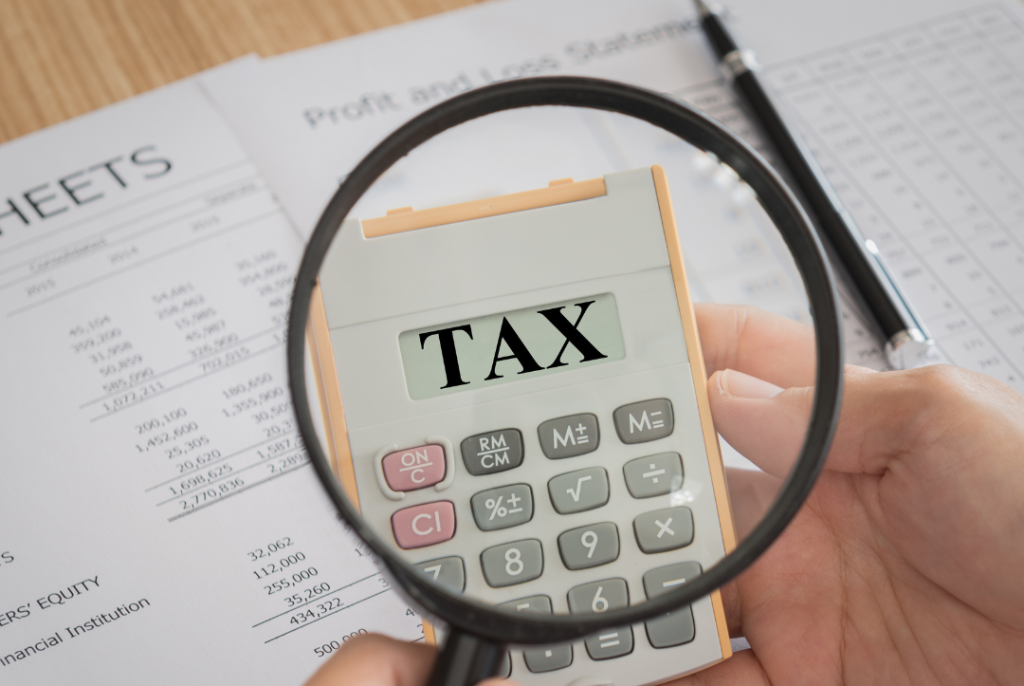Confiscation by instalments. That is the only description we can put to the proposed land and building tax. Dr Duncan Madsen Pirie, president of the Adam Smith Institute, conveyed it in just those three words. This sinister tax endeavours to eat into our existing wealth instead of being taken as a percentage of an increase in wealth. Your property is stolen in parts.
A curious example can be traced back to 1696 when King William III (of Orange) introduced a tax on windows. The response by the population was to escape the tax by bricking up windows all over England, and new houses were built with fewer windows to avoid the tax.
This levy was utterly ridiculous. Given that taxation can be used to pay for services and projects that people think are worthwhile, the raising of these revenues in good conscience will have to be done without the population suffering the economic distortions that unfair taxation brings about.
Using one of Adam Smith’s canons of taxation, a tax on housing should only be payable after money from it has been collected or a rent has been obtained. This makes it unfair to tax non-business residential properties. To be taxed annually on something a person owns rather than on any income derived from it is to violate tax fairness. This can tip people into poverty and starvation and is tantamount to extortion.
Sacrificing that which is right for financial expedience, as in the form of this tax, burdens the citizens and can be compared to a thief trying to get rich by picking pockets, instead of generating wealth from honest initiatives and sedulous activity. Winston Churchill commented, ‘I contend that for a nation to try to tax itself into prosperity is like a man standing in a bucket and trying to lift himself up by the handle.’
We find that at every point in the production of goods and services, governments come with their hands outstretched, causing inflated costs of products. The impact of this property tax hikes prices and halts economic activity. As products cost more, fewer transactions take place and the wealth-creating process, which comes about when people trade up for higher value, is curtailed. Property taxes inhibit economic growth and higher taxes aim to kill it in its tracks.
In any recession period, economic growth is to be encouraged, but this tariff would have the opposite effect. The straightforward repercussions of the proposed land and building tax is a tremendous hurt to middle and lower-income-class citizens, as well as being a huge waste of national resources in personnel and infrastructure for its collection.
There will be a marked reduction in disposable income. When hard-earned salaries are pilfered, the purchasing power held by citizens for goods and services provided by private businesses becomes paralysed. This means less opportunity for entrepreneurs to make sales and, thus, the ability to pay employees. Fewer people will be empl oyed in producing those goods and services. The results are increased unemployment, job losses and idle hands. In effect, food is taken out of our mouths with this death tax initiative.
Remember what a property tax really is. Let these three words reverberate in your minds, in your hearts and in your souls before relinquishing your blood, your sweat and your tears: confiscation by instalments.
Ravi Ramkissoon



Responses